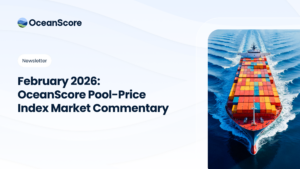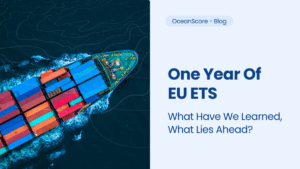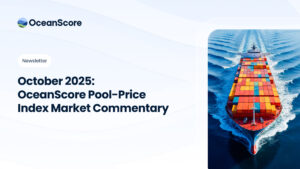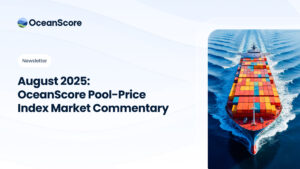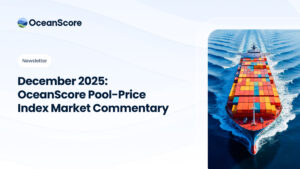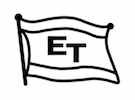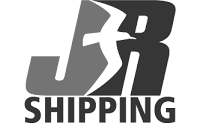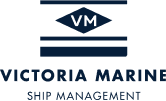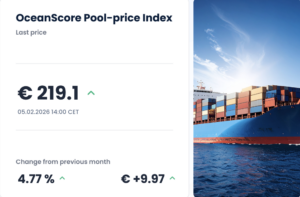Shipping companies need to establish clear lines of responsibility both for reporting emissions under the EU’s MRV (Monitoring, Reporting and Verification) regime and surrendering EU Allowances (EUAs), or carbon credits, to the authorities.
Currently, the technical manager is typically the designated Document of Compliance (DoC) holder who is responsible for MRV reporting of fleet emissions data. However, the EU has now ruled that the registered shipowner is the default responsible legal entity for emissions monitoring and reporting, and surrendering of EUAs, effectively making the owner the DoC holder.
The same company must be responsible both for emissions reporting and EU ETS compliance through surrender of EUAs. This responsibility can be delegated to the technical manager provided there is an agreement in place with the owner along these lines. Some practical aspects related to monitoring and reporting – such as developing a monitoring plan and emissions reports – can still be outsourced to the manager, while the owner retains legal responsibility as DoC holder.
An updated monitoring plan must be submitted to the authorities by 1 April 2024. This has been expanded to cover additional obligations under the MRV and EU ETS, including elements such as emission factors for methane and nitrous oxide, as well as CO2, and procedures for data flow and risk assessments.
Annual emissions reported under MRV will form the basis of a verified emissions report that will determine the volume of allowances to be purchased and surrendered to the authorities each year.
We strongly advocate for a clear demarcation and straightforward structure where either the manager or the owner is responsible for both MRV emissions reporting and surrendering EUAs, as combined set-ups only add unnecessary complexity.
A key consideration in this regard is who is best positioned with the resources and know-how: does the owner or manager have access to the relevant data, can implement corrections and discuss complex questions with the verifier? In most cases, this will favour the manager as the one taking on EU ETS responsibility.
If the manager is entrusted with overseeing a vessel’s EU ETS processes, the structure of the Shipman management agreement should mirror that responsibility with simple rules for emissions reporting. Ideally, the Shipman should allow the manager to procure EUAs as needed without cumbersome approval procedures. We therefore advocate a simpler Shipman framework than that recommended by Bimco to avoid intricate processes for procurement of EUAs required from owners for off-hires and periods of unemployment.



